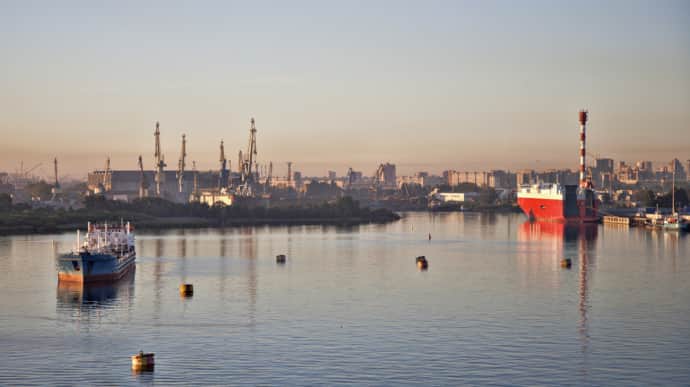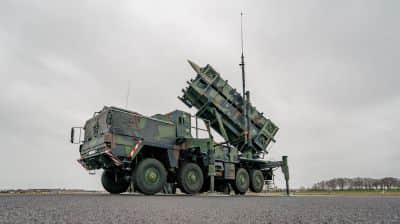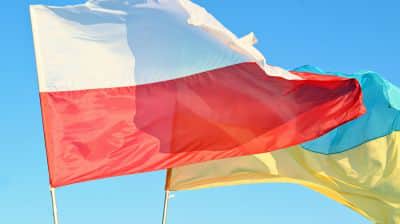Russia's St Petersburg port suspends nitrate transshipment due to Ukrainian UAV attacks

The Great Port of St Petersburg, Russia, stopped the transshipment of nitrate in February amid Ukrainian drone attacks. Russian authorities are planning to move nitrate transshipment outside the city in the future, likely to Ust-Luga.
Source: Kremlin-aligned Russian newspaper Kommersant
Details: A Kommersant source noted that the volume in question is about 3 million tonnes annually. This is quite a significant blow to the port, which is already in a challenging state due to the loss of trade with Europe.
Sources say operations have been suspended due to a ban imposed by the authorities, with a decision made to move nitrate transshipment outside the city.
Following the drone attack on the St Petersburg oil terminal in January, St Petersburg Governor Alexander Beglov fears a possible sabotage with devastating consequences for the city. Ammonium nitrate is potentially explosive. Ust-Luga is being considered as a new transshipment site for nitrate.
From 13 February to the end of the month, Open Joint Stock Company Russian Railways imposed restrictions on the loading of ammonium nitrate and ammonium nitrate destined for Avtovo and Avtovo-ex, Novy Port and Novy Port-ex, Bronka and Bronka-ex, Predportovaya and Predportovaya-ex stations addressed to all cargo recipients.
The company explained this measure as "circumstances stemming from restrictions on cargo transshipment in the Grand Port of St Petersburg". The ban was extended into March.
At the moment, companies that used to transship through the port of St Petersburg are looking for other export options. What makes this even more challenging is that there is already a shortage of port transshipment capacity in Russia while the existing capacity is being fully utilised.
The most obvious option is the terminal in Ust-Luga, although its infrastructure would need to be upgraded to meet the new shipment requirements for reinforced containers in order to redirect nitrate volumes from St Petersburg.
Background:
- Russian oil refining capacity has diminished by about 600,000 barrels per day as a result of Ukrainian drone strikes on Russian refineries.
Support UP or become our patron!







